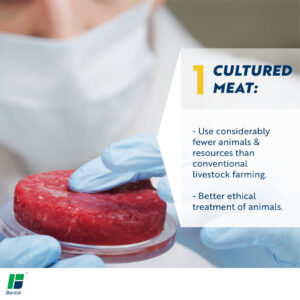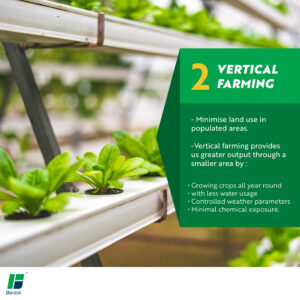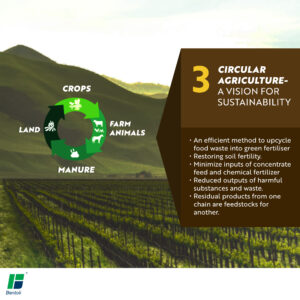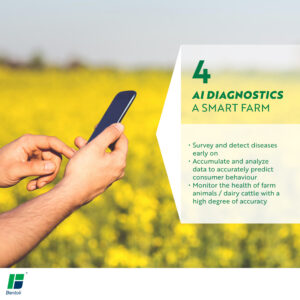COVID-19 has exposed the fragility of food chains and is putting scrutiny on the way we produce and consume food. The time has come to search for possible food technologies to build more sustainable, technology-driven food production. This can produce healthy as well as germ and residue-free foods for human consumption.
There is an increasing trend of urban gardening or kitchen gardens where consumers can produce their own vegetables by recycling kitchen wastes. Community supported agriculture programs where small-scale farmers are innovating to connect with each other through new online marketing initiatives are coming into the picture. To bridge the gap and to scale-up food technologies several startups are stepping into this new arena. Few of several sustainable approaches are highlighted here.
Cultured Meat:
Cultured meat is a nascent sector where meat is produced artificially in laboratories. It is still grappling with question marks over scalability, its own water and carbon footprint and consumers’ acceptability. This sector is hugely dynamic like KFC’s recent partnership with Russian company 3D Bioprinting Solutions to develop lab grown alternatives of chicken meat consisting of plant materials and cultured animal cells. Though there are several limiting factors, cultured meat may be a growing trend in the future. Especially in modern food sectors where people are in search of ethical, green, and sustainable production systems.
Vertical Farming:
Vertical farming is another innovation where there is potential to increase the crop yield per land unit. Apart from kitchen gardening, other indoor spaces such as abandoned tunnels, mine shafts could be used for this technology. In addition to maximizing crop yield, vertical farming can reduce carbon footprint by bringing the farming closer to the consumers.
Circular Agriculture:
Circular agriculture is when waste from the food industry is recycled into food through production of biofertilizers which would otherwise go to waste and pose the greatest threat to clean water. Biofertilizers can help preserve clean water and healthy soil for future generations.
AI Diagnostics:
Artificial Intelligence-based apps and tools allow farmers to survey their crops, test the soil, water, and detect plant diseases in advance. Advance AI-based apps can sense even minute changes in climate or micro-environment and accordingly guide farmers to make necessary changes in farm inputs and management.
The opportunities in AI-based farm technology is manifold and we can expect to see more innovation and disruption from startups specializing in food technologies.
In short, the food tech industry will continue to change the ways in which we produce, consume, and think about what we eat.





